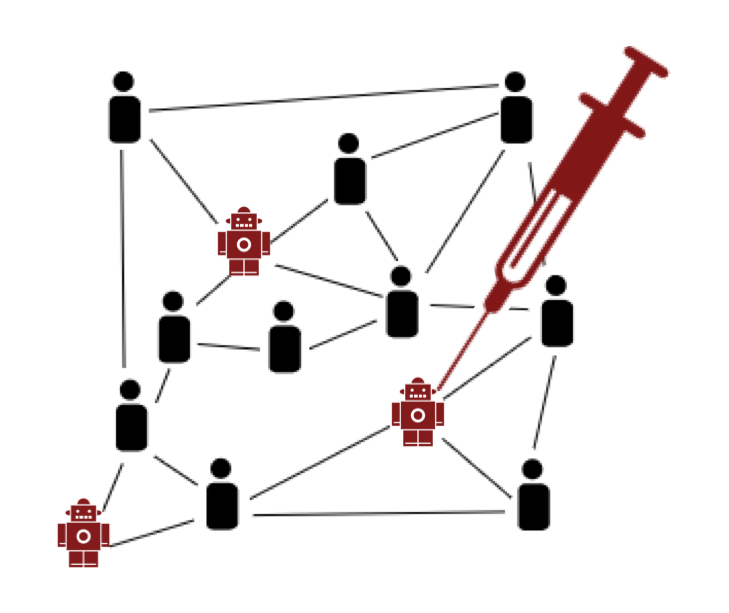Disastrous effects of human networks in emergency coordination experiments
Time
Monday, 15. June 2020
15:45 - 16:45
Location
Online
Organizer
Centre for the Advanced Study of Collective Behaviour
Speaker:
Hirokazu Shirado, Carnegie Mellon University
This event is part of an event series „Seminar Series of CASCB“.
View the recording of Hirokazu's talk here
Hirokazu Shirado is an Assistant Professor of the Human-Computer Interaction Institute in the School of Computer Science at Carnegie Mellon University. His research focuses on the role of social interactions and technology in the emergence of social order and in the collective confrontation of social dilemmas in human groups. He is particularly committed to the experimental study of cooperative behaviors (and related phenomena such as communication, collective coordination, resource sharing, etc.) as they manifest through interactions between people located within social networks. He is also studying hybrid systems of humans and machines, and in particular how the addition of artificial agents can help humans to address challenges of collective action in social networks.
Disastrous Effects of Human Networks in Emergency Coordination Experiments
In this talk, I introduce and discuss the experiment results of my recent work about human’s social coordination in emergencies. In emergencies, social coordination is especially challenging. People connected with each other may respond better or worse to an uncertain danger than isolated individuals. I performed experiments involving a novel scenario simulating an unpredictable situation faced by a group in which 2,480 subjects in 108 groups had to both communicate information and decide whether to “evacuate.” I manipulated the permissible sorts of interpersonal communication and varied group topology and size. Compared to groups of isolated individuals, I find that communication networks suppress necessary evacuations because of the spontaneous and diffuse emergence of false reassurance; yet, networks also restrain unnecessary evacuations in situations without disasters. At the individual level, subjects have thresholds for responding to social information that are sensitive to the negativity, but not the actual accuracy, of the signals being transmitted. Social networks can function poorly as pathways for inconvenient truths that people would rather ignore.

